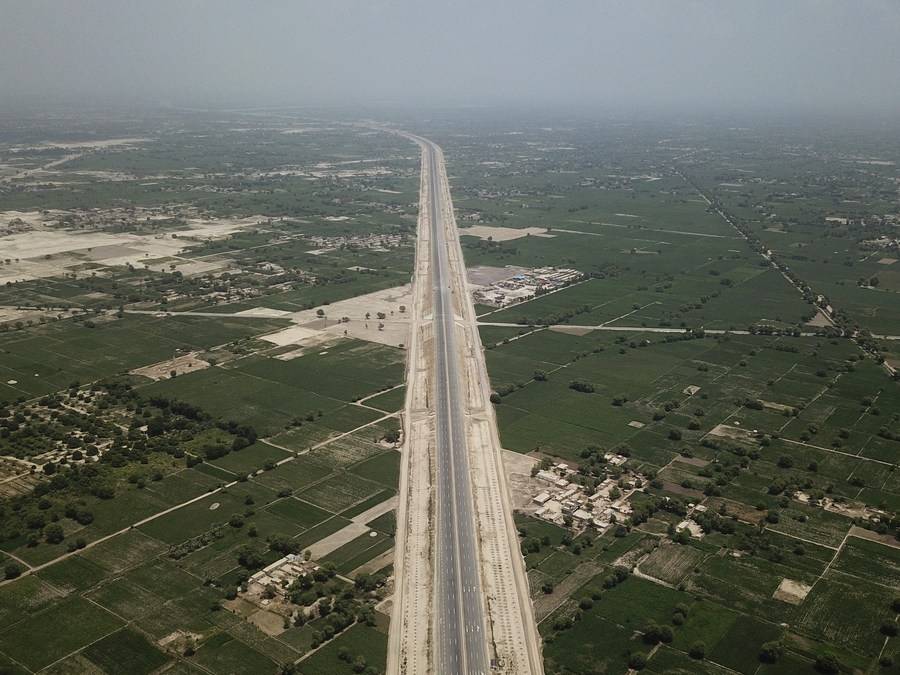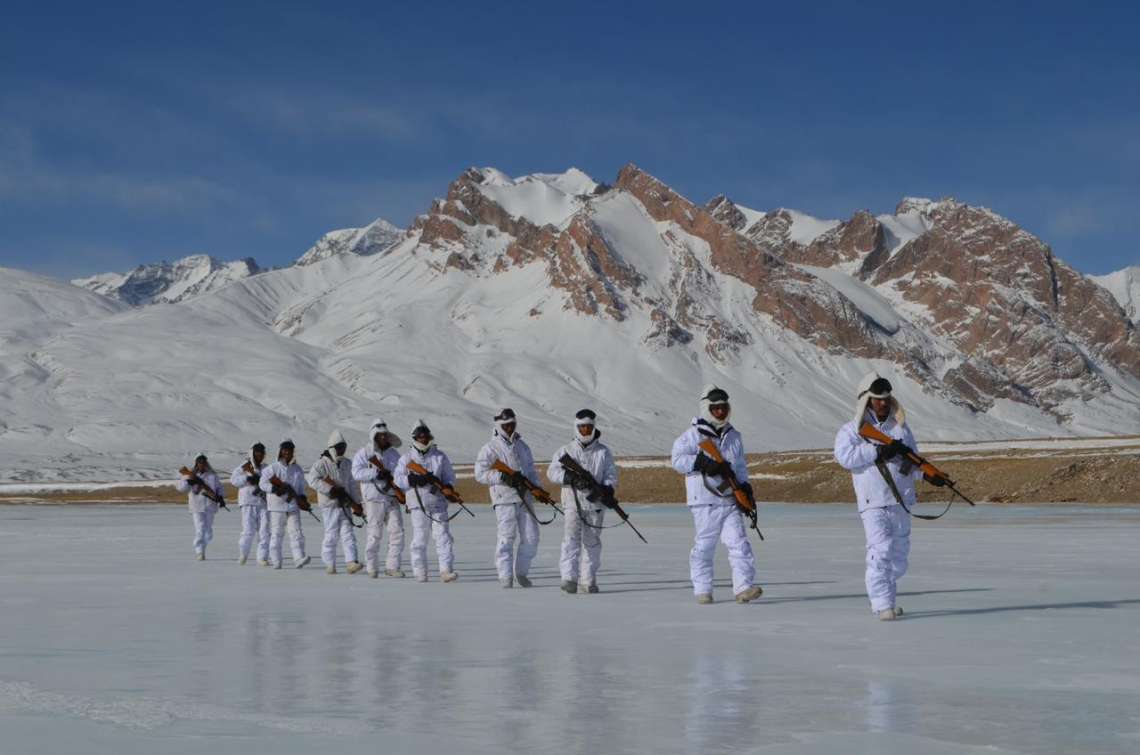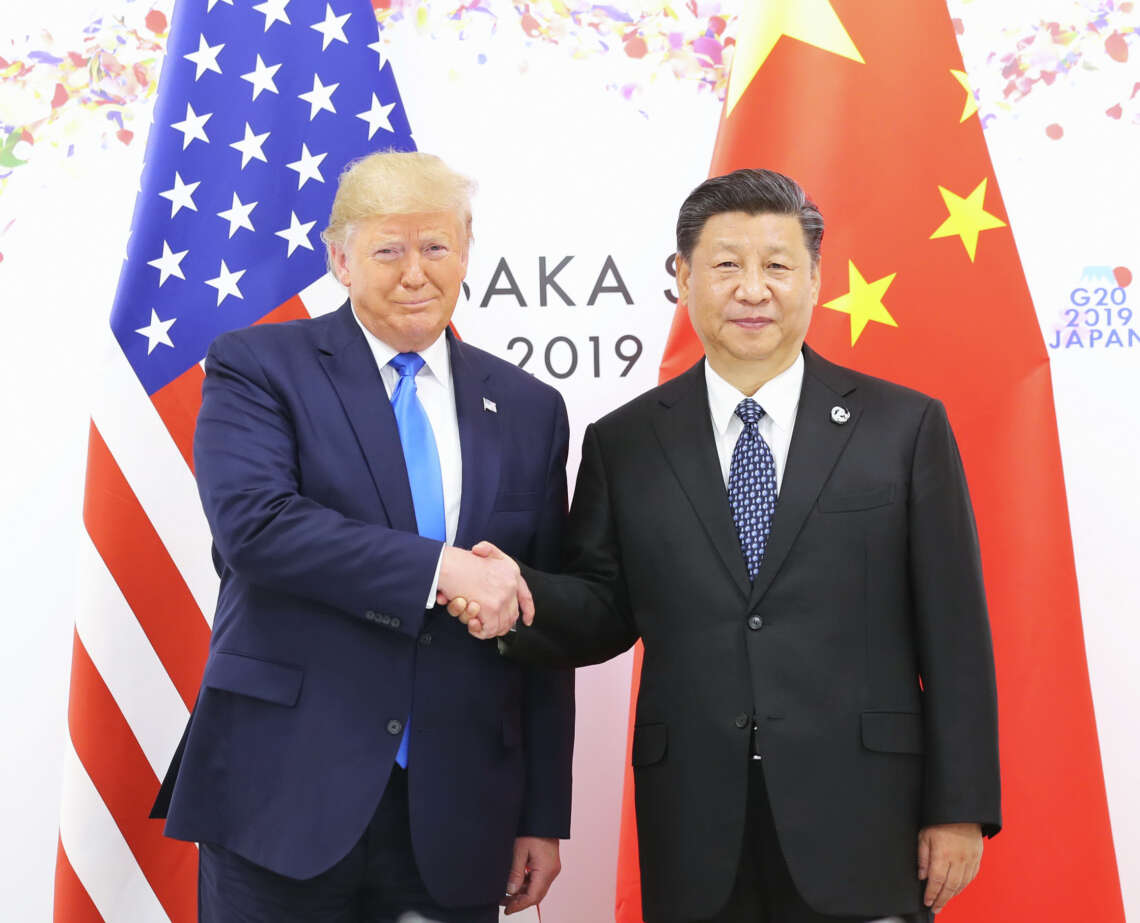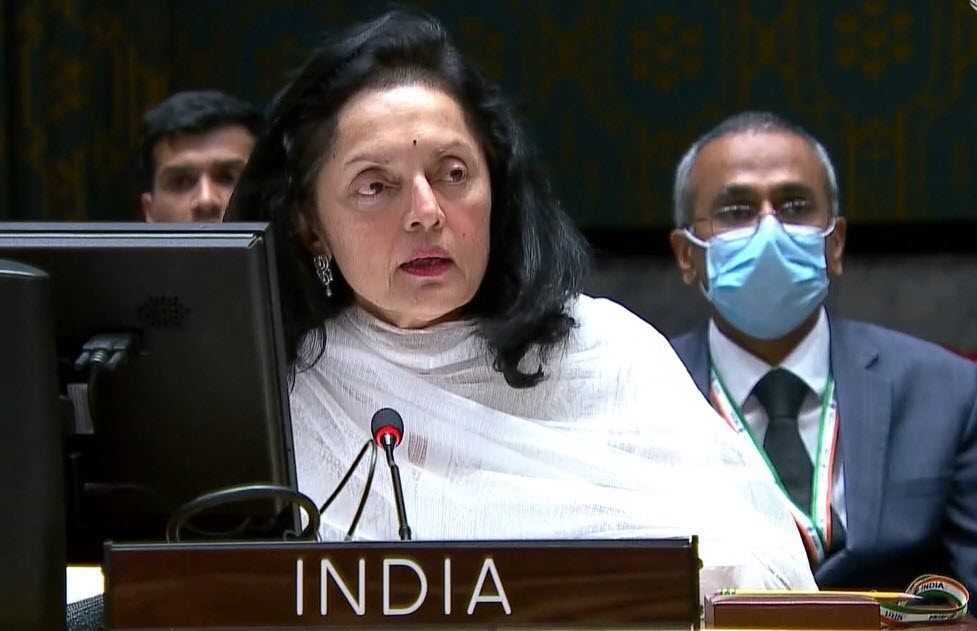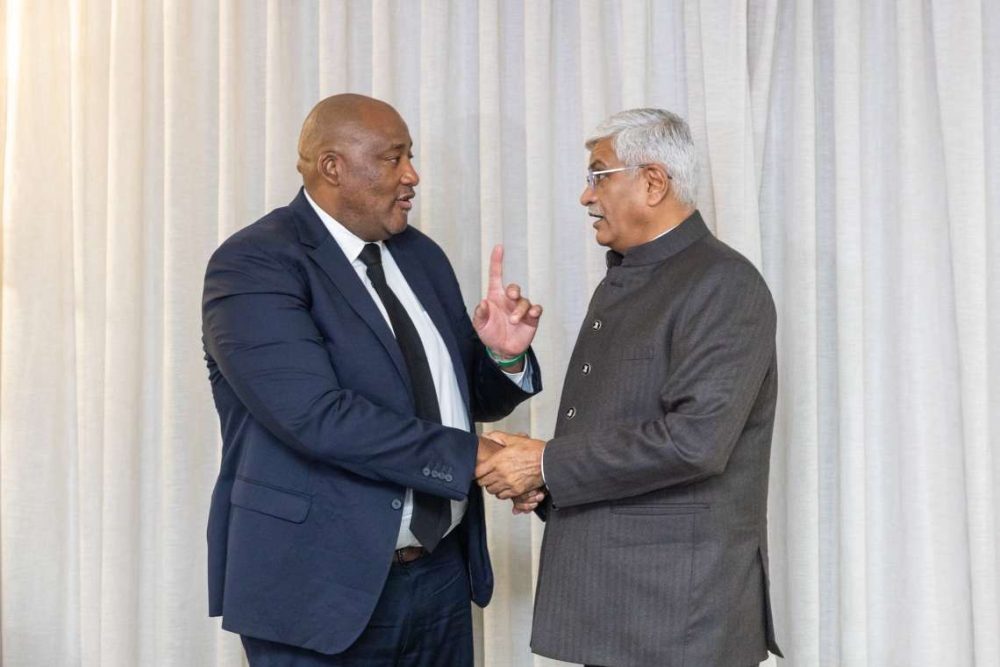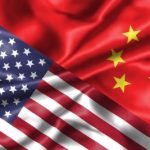Sri Lanka and Pakistan’s examples have shown how the BRI has affected the economy of the country….reports Asian Lite News
China tried to project itself as a helping hand to developing countries in the case of infrastructure and economic development through its Belt and Road Initiative but only just to lure them into their debt trap. To counter China’s BRI, G7 announced an infrastructure programme as an alternative programme for the developing world.
Valerio Fabbri, writing in Portal Plus, a Slovenian publication said that various media publications have highlighted instances of disillusionment vis-a-vis BRI and many of the recipient states of Chinese investments have rued China’s debt trap diplomacy as an outcome of the BRI. And the countries which have fallen prey to this are usually low- and middle-income countries like Sri Lanka and Pakistan.
Sri Lanka and Pakistan’s examples have shown how the BRI has affected the economy of the country. Sri Lanka took a huge loan during its 2015 election and then for the Hambantota Port, Colombo turned to China for help. After the negotiation on the defense aspect, ensuring that China’s military was able to get access to the port, Beijing came for help.
Meanwhile, in Pakistan, to ensure the security of the flagship China Pakistan Economic Corridor (CPEC), the Chinese government bypassed Islamabad to reach out to the Baloch separatists. Yet, Beijing has been less than enthusiastic when it comes to ensuring Pakistan’s economic stability.
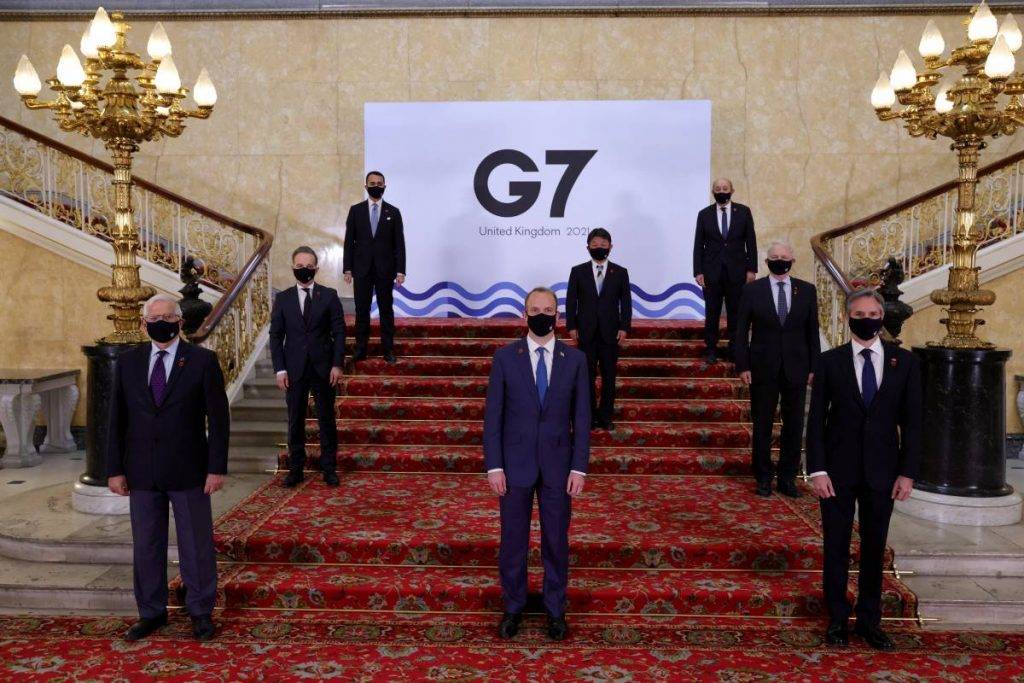
Taking Beijing’s help for infrastructure development has proved to be an erroneous choice for both Colombo and Islamabad, making both countries deeply entrapped under the burden of Chinese debt, according to author.
However, the situation in Sri Lanka turned worse. The country failed to import even essential commodities like food and fuel to its people. Even, Sri Lanka announced bankruptcy, and its President and the Prime Minister had to resign and even the former was forced to flee the country.
BRI loans are shrouded in opaque conditionalities. Beijing often interferes with the internal governance in the recipient countries, there are such instances again in both Sri Lanka and Pakistan.
The BRI projects are also highly exploitative. An ongoing project for the construction of a port in Peru, the Chancay Multipurpose Port Terminal, is poised to destroy local flora and fauna, emit substantial toxic pollutants, and displace local communities.
Looking at the geopolitical developments, the G7 – which includes the United States, Canada, Italy, the UK, France, Germany, and Japan along with the European Union (EU) – have introduced the Partnership for Global Infrastructure and Investment (PGII), an alternative mechanism for the developing world which can replace, or at least lessen, the adverse impact of China’s The central purpose of the PGII initiative is to provide funding to the countries in need of critical infrastructure, including roads, bridges, ports as well as communication facilities. Apart from these goals, the PGII aims to tackle climate change, betterment of global health, help to build digital infrastructure, and not forget to achieve gender equality.
Author Fabbri quoting US National Security Adviser Jake Sullivan said, “(We) do think that there is increasing convergence, both at the G7 and NATO, around the challenge China poses and around the need – the urgent need for consultation and especially alignment among the world’s leading market democracies to deal with some of those challenges”.
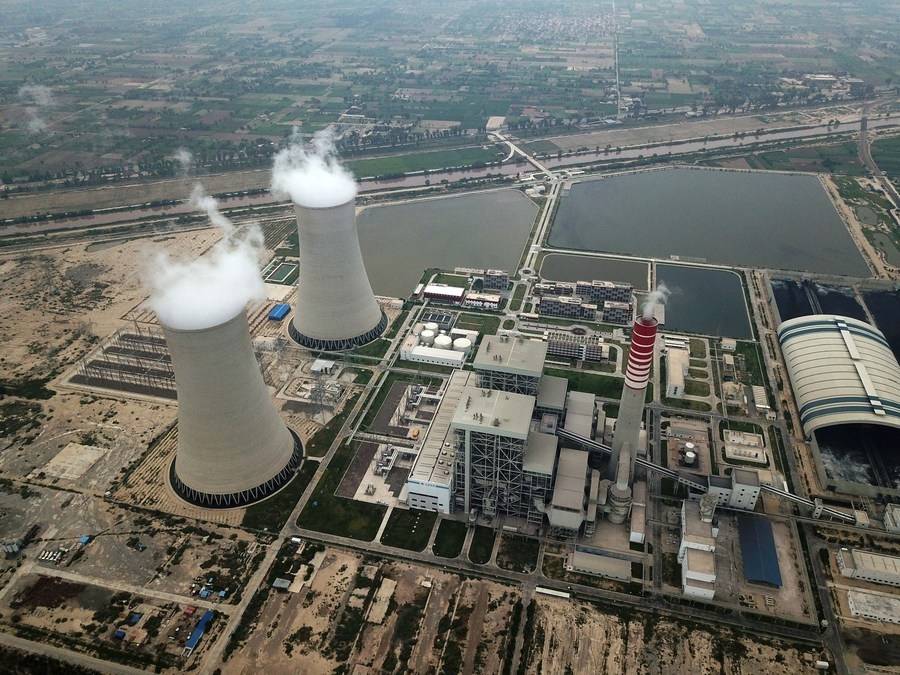
The G7 has pledged USD 600 billion by 2027 under the PGII, but the actual amount available could be much more, as under PGII a large private capital could also be mobilized.BRI. Unlike Chinese projects plagued by low cost, loose standards, and hurried timelines, the PGII initiative can be a major win for global welfare and sustainable development, with its emphasis on human infrastructure at the core of global development ambitions.
It is no wonder that China has criticized the PGII as “ill-intended” and “infeasible”. According to the China Daily, Beijing believes that the PGII is launched to compete against China.
Beijing is skeptical regarding the outcomes of the PGII and affirms that other countries including the G7 should join China’s BRI. PGII is an indication that Chinese investments, after a flurry of deals in the last few years world over, are now receiving pushback from many countries. The experience of South Asian economies like Sri Lanka, Pakistan, and Nepal has shown that these investments may appear attractive in the short term, but in the long term, they cause a nuisance. (ANI)


